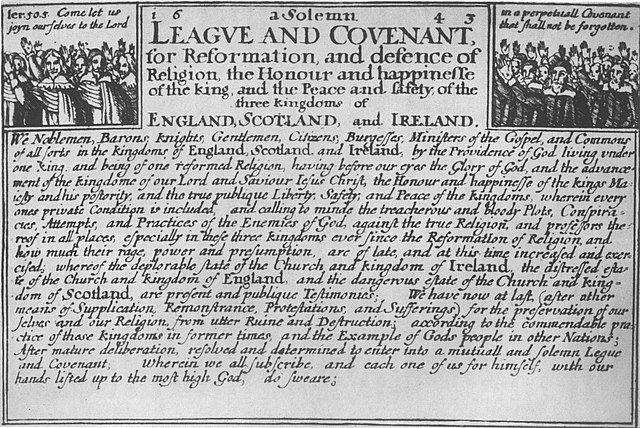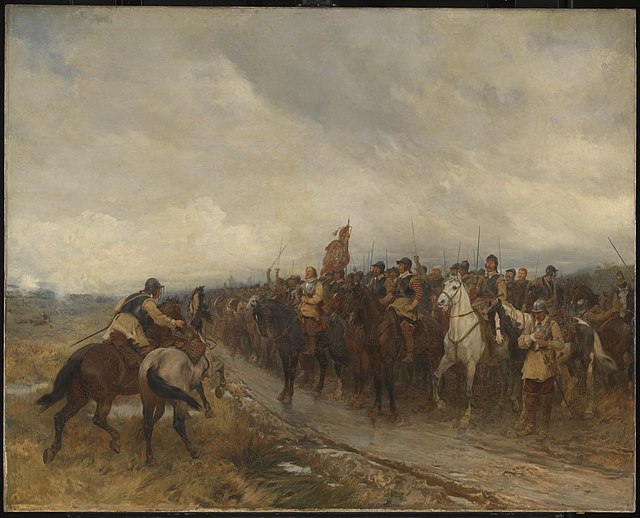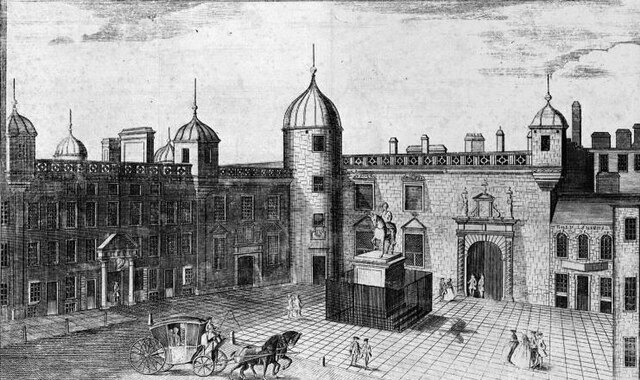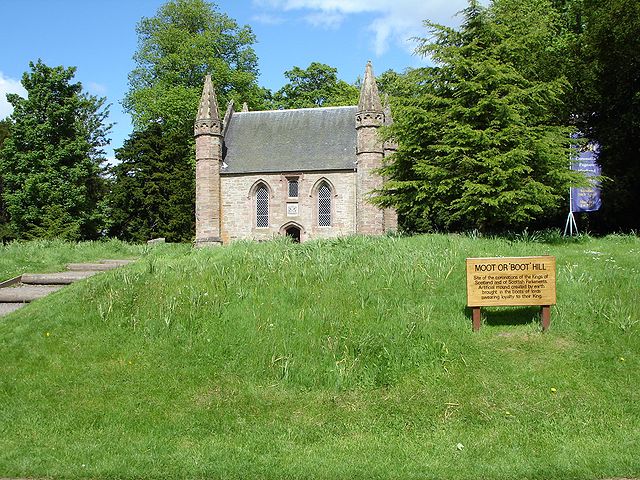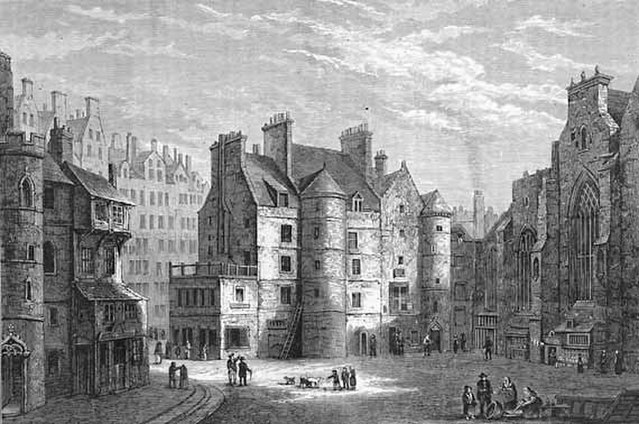The Acts of Union were two Acts of Parliament: the Union with Scotland Act 1706 passed by the Parliament of England, and the Union with England Act 1707 passed by the Parliament of Scotland. They put into effect the terms of the Treaty of Union that had been agreed on 22 July 1706, following negotiation between commissioners representing the parliaments of the two countries. By the two Acts, the Kingdom of England and the Kingdom of Scotland—which at the time were separate states in a personal union—were, in the words of the Treaty, "United into One Kingdom by the Name of Great Britain".
Scottish opposition to Stuart attempts to impose religious union led to the 1638 National Covenant
The 1643 Solemn League and Covenant between England and Scotland
The Battle of Dunbar (1650): Scotland was incorporated into the Commonwealth after defeat in the 1650–1651 Anglo-Scots War
Queen Anne in 1702
The Parliament of Scotland was the legislature of the Kingdom of Scotland from the 13th century until 1707. The parliament evolved during the early 13th century from the king's council of bishops and earls, with the first identifiable parliament being held in 1235 during the reign of Alexander II, when it already possessed a political and judicial role.
Parliament of Scotland
Scone and its Moot hill emerged as a favoured meeting place of the early colloquia and councils in the thirteenth and fourteenth centuries.
Old Tolbooth, Edinburgh. Usual meeting place of Parliament from 1438 to 1560
St Giles' Cathedral, common meeting place of Parliament from 1563 to 1639.


